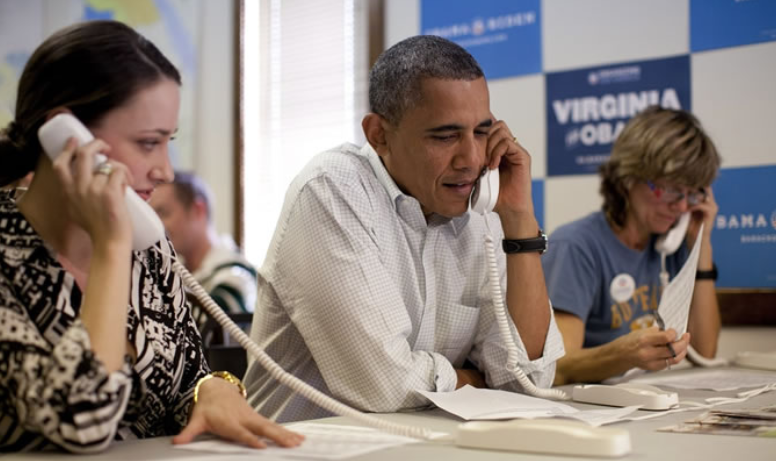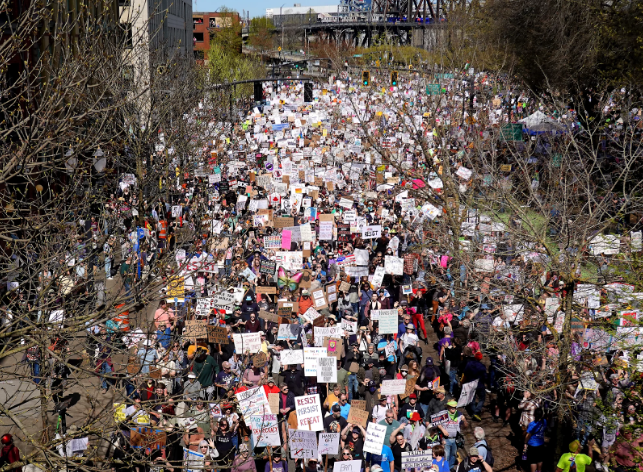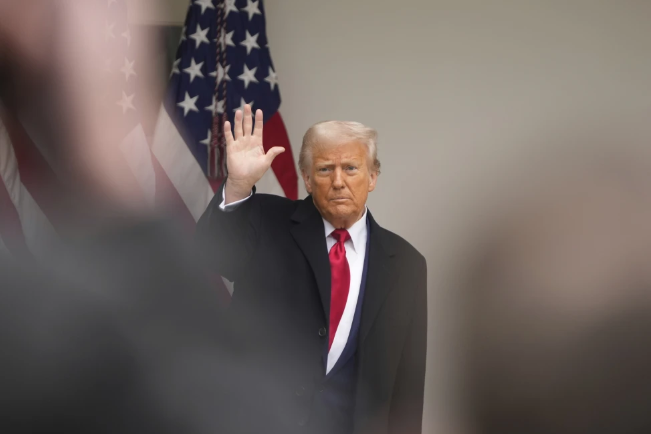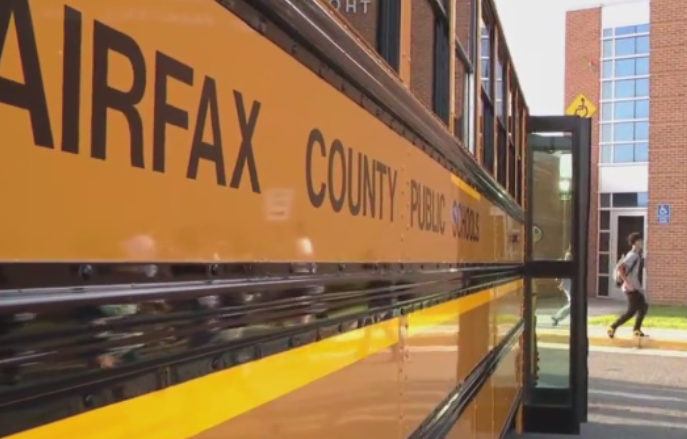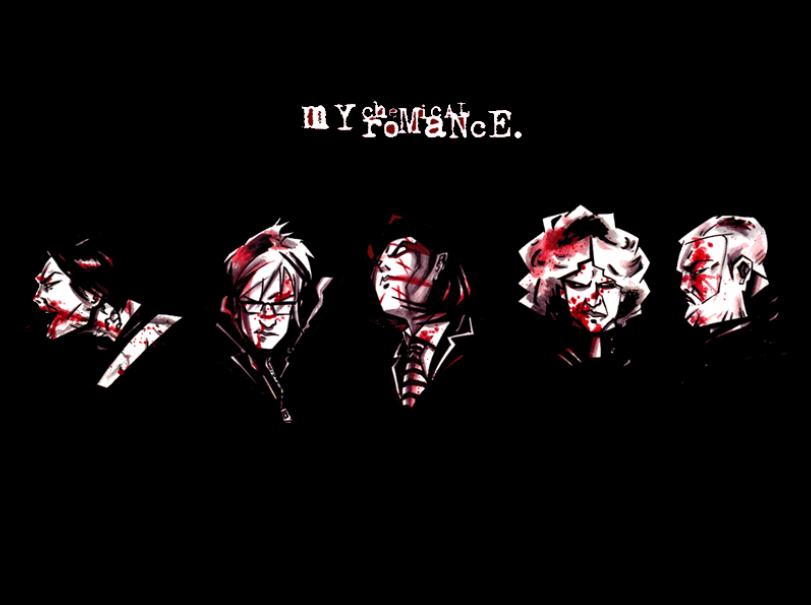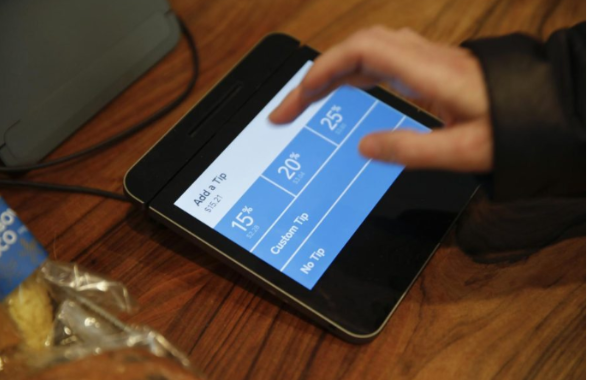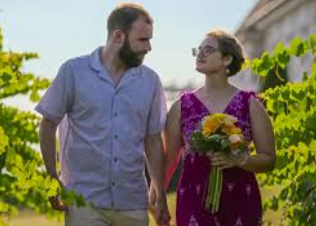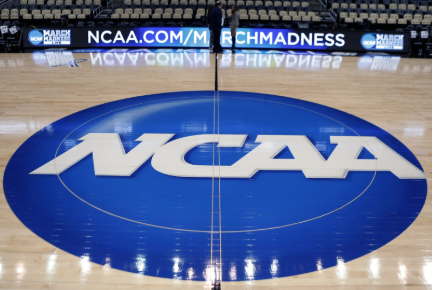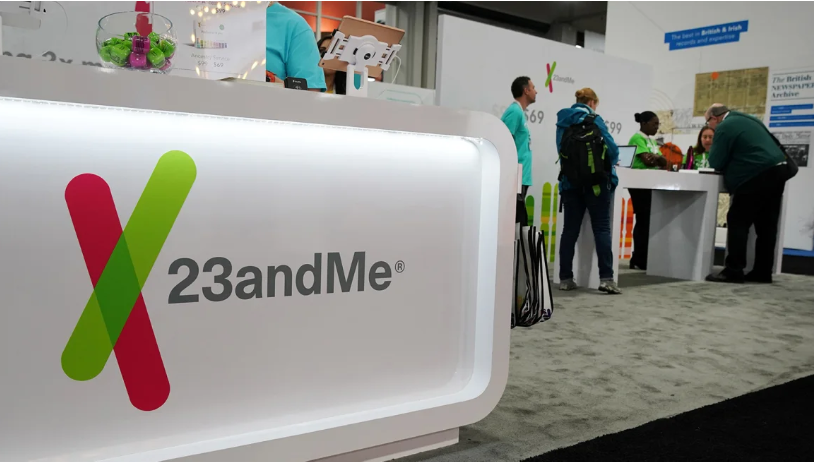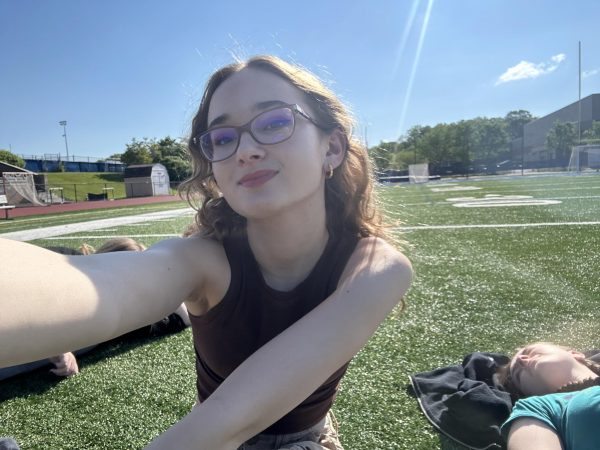Like many other Americans, the upcoming presidential election has been weighing on me. I had been looking for ways to get involved politically, but hadn’t found anything with tangible results, that was close to me or that looked interesting. Then, while checking my inbox, I got an email:
“Join our Young Voters for Harris-Walz phone bank!”
It was perfect. As someone who had never done anything for a political campaign before, a virtual, low commitment way to get involved was just what I was looking for, so I signed up.
For those unacquainted, phone banking is when volunteers for a political campaign call prospective voters to try and encourage voter turnout and voting for their campaign in an upcoming election.
I volunteered through Young Voters for Harris Walz, an initiative run by the Democratic party to encourage youth engagement in the Harris campaign. They host virtual phone banks for students of any age every Wednesday and Sunday from 5-7 PM EST.
I logged onto a Zoom meeting around 5:00 PM Wednesday night. There were around 15 other volunteers, and two organizers on the call. While it was run by a youth organization, there were quite a few older participants. Around five people broke off immediately to get started phone banking, while the new people stayed in the main room to let the organizer explain how the system works. The explanation was pretty simple and lasted only 20 minutes. We used a software called Scale to Win to call voters, which, once your phone was connected, dialed voters for you. There was a script I had to follow, explaining that I was a volunteer with the Democratic party and asking those who picked up questions about how they were planning to vote in the national election, as well as in local elections for Senate and Congress.
Once it was time to actually get started with phone banking, it got pretty boring. I called voters in Wisconsin, a pivotal swing state in the upcoming election. Over the course of two hours, I talked to around 40 people, most of whom hung up after I told them I was calling on behalf of the Democratic party. The dialer system was slow that day, according to the organizers, leaving me to wait up to 5 minutes between calls. I was only able to get through the full list of questions with four voters total, two strong Democrats who had already decided on their vote, and two voters leaning Republican.
While I didn’t agree with the conservatives I talked to on our political views, the conversations I got to have with them were the highlight of my experience phone banking. They were both leaning towards Trump, but partially undecided. With both of them, I felt as though I was able to have respectful conversations and encourage them to do some more research into Trump and Harris, their records and plans once they arrived in office.
My second time phone banking was a little different. I didn’t get through to many voters, and only completed one full survey. After I asked one person if he would be voting for Harris, he cussed me out and then hung up, while another cussed me out after I asked if they would be supporting Senator Tammy Baldwin.
After hearing a lot of different views online about phone banking, I found that my experience was much more laid back than I thought it would be. It wasn’t super interesting, but also wasn’t demanding. I think phone banking is perfect for those with limited time or mobility, or for anyone who is nervous about talking to people face to face.








